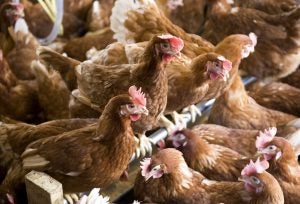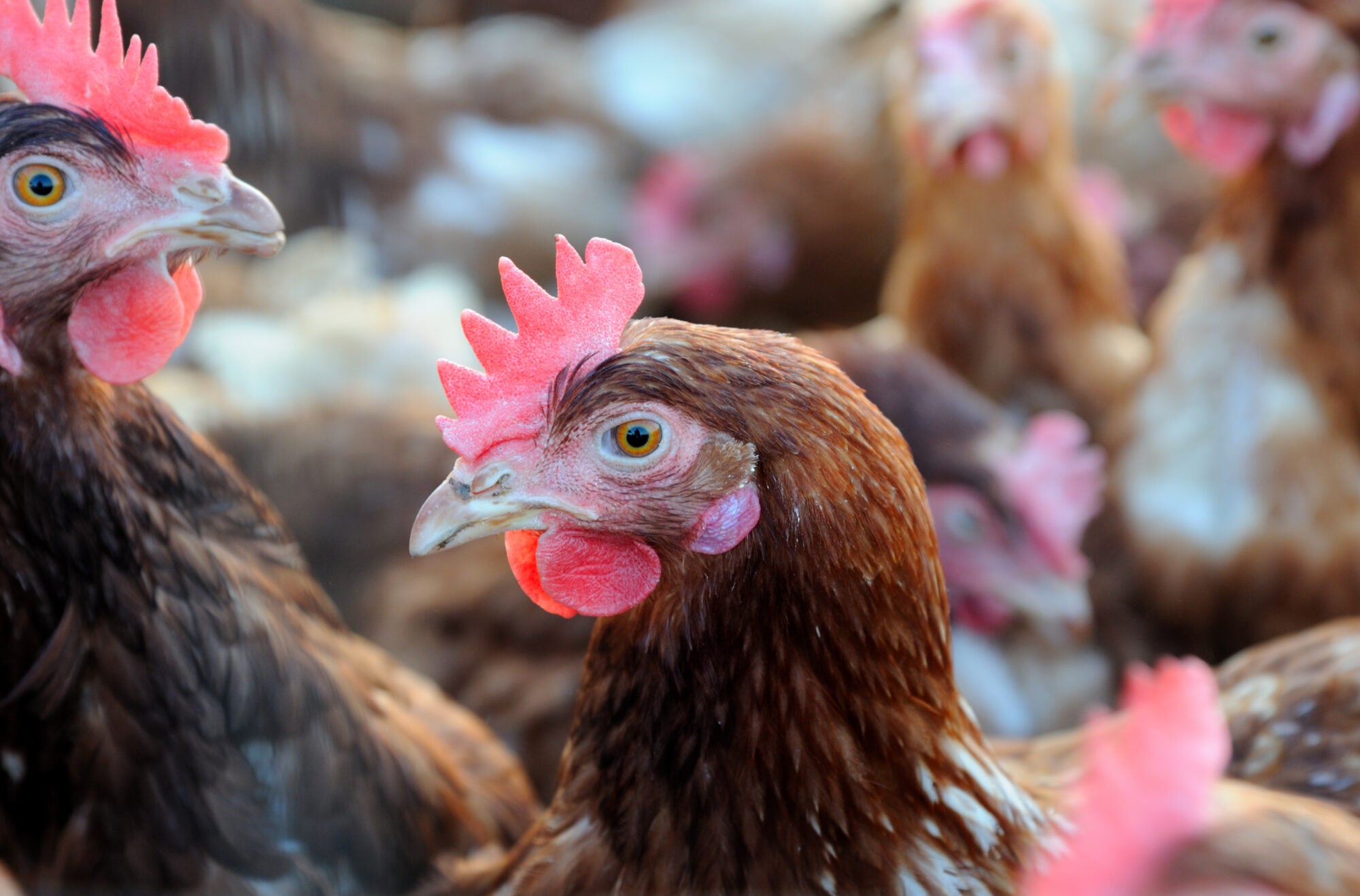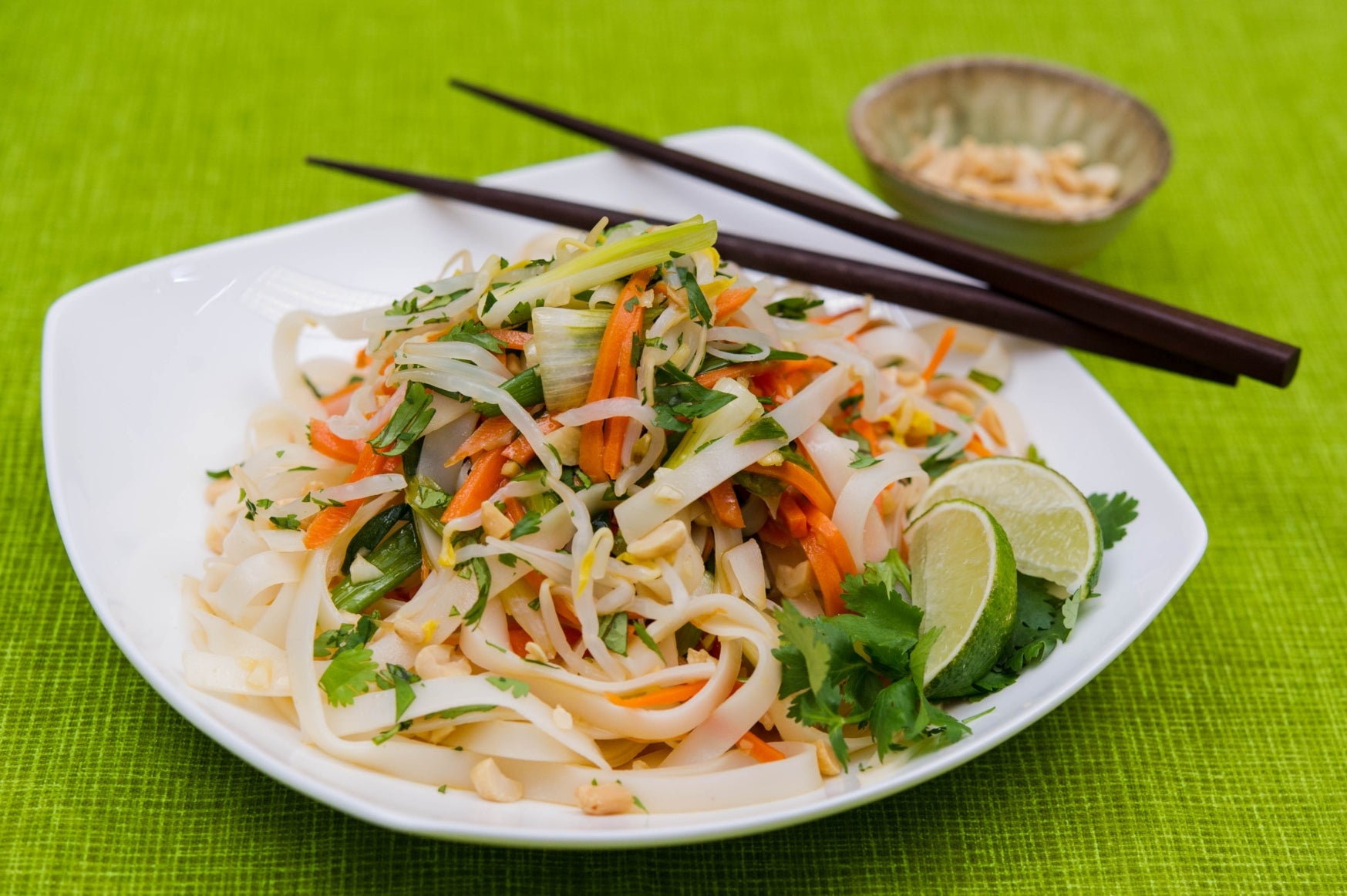
BANGKOK—Cage-free egg sourcing is becoming a sustainability priority for the Southeast Asian hospitality sector. To better understand how sustainability procurement managers are responding, and to support and accelerate further progress, Humane Society International convened a virtual workshop of these leaders on June 23. HSI, one of the world’s largest animal protection organizations, has worked closely with companies and producers across the region to promote cage-free policies and their implementation.
The hospitality sector is unique in several ways: its clientele is global, the service provided is intensely personal – a home away from home; and the customer’s overall impression of the experience can be influenced, positively or negatively, by the smallest of details. These are some of the reasons HSI believes animal welfare has become a priority corporate social responsibility issue for the hospitality industry in Asia.
Attendees from 10 countries representing 15 hotel chains heard how three different types of companies—a small luxury brand (Peninsula), the largest global brand (Accor) and a long-established brand (Hilton) approach the transition to higher animal welfare procurement. Among key strategies identified were the importance of obtaining animal welfare expertise to help educate and align internal teams, the value of internal training for procurement staff, and the usefulness of external certification standards in defining cage-free sourcing requirements and qualifying suppliers.
The Thai egg producer Akara Groups showcased their new cage-free egg facilities that provide laying hens space to move, dustbathe, nest and forage. Akara joins four other (large-scale/commercial) producers in Thailand in responding to the growing demand for cage-free eggs. Certified Humane, one of the leading certification programs now active in Southeast Asia (Singapore, Malaysia, Indonesia, Vietnam), discussed how certification can help provide both producers and companies greater clarity on the conditions that should be addressed in cage-free production.
David Crestani, senior manager, Supply Management for Hilton emphasized: “…. early engagement with producers is important, as it signals a commitment to transition towards a cage-free supply, and encourages improvement of existing practices. We also work with hotel teams to effect gradual change through their menu offerings, in anticipation of the future increase of cage-free egg supply.”
Hotel industry panelists agreed that there is an opportunity to work with other industries to drive cage-free adoption, similar to their experience in eliminating single use plastics. To encourage franchisee adoption of cage-free policies, hotel chains can collaborate with animal welfare groups like HSI to support producer engagement. Andrew Cameron, senior category manager at Accor, commented that: “We understand that the best approach to fulfil cage-free egg commitments is to think holistically and work collaboratively with all invested parties, both internally and externally. Engineering menus are only one piece of the puzzle, and it is with the support of the broader industry, producers, policy-makers and NGOs that we can secure systemic change in how eggs are perceived and purchased globally”.
Participants welcomed the opportunity to learn more about how cage-free production is related to the growing trend in sustainable procurement. Samir Wildemann, Fusion’s vice president of Operations, shared that: “Cage-free is one of the top sustainability policies of Fusion Hotel Group. More and more travelers across the region have raised this issue when traveling. Speakers from this webinar shared step-by-step actions for implementation; as well as the challenges, lessons learned and strategies which I think are very valuable to a new member of the cage-free egg movement, like us.”
Matthew Johnson, HSI’s corporate engagement manager for Southeast Asia, said: “We are very pleased with the positive feedback we received from this webinar and look forward to continuing to foster open dialogue and collaboration among various stakeholders in Asia. We want to ensure that egg producers and hospitality industry in Asia have the tools and resources necessary to successfully meet consumer demand for higher welfare products and ensure a cage-free future for laying hens.”
Egg-laying hens in Asia are typically confined for their whole lives in wire cages so small that they cannot even fully stretch their wings. Cage-free production systems generally offer hens higher levels of welfare, allowing the birds to express more of their natural behaviors, including moving around, laying eggs in nests, perching and fully spreading their wings.
ENDS
Media Contact: Matthew Johnson: mjohnson@hsi.org



